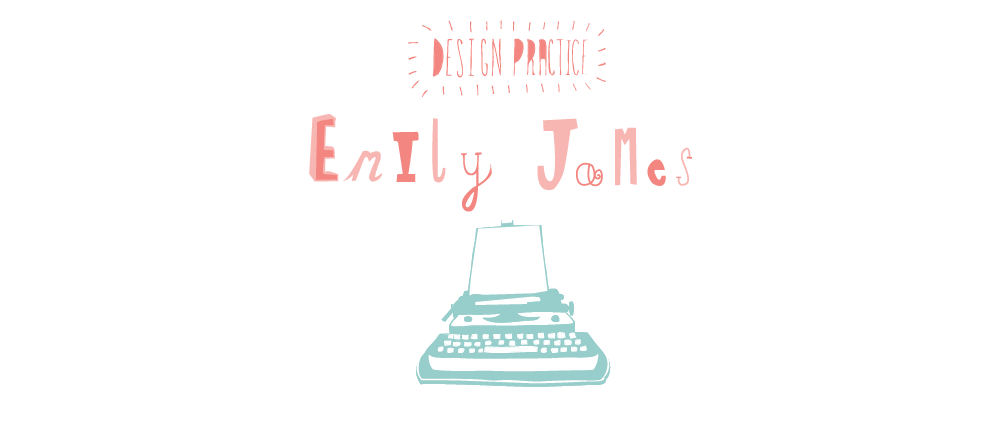The Newspaper itself is one of the most universal ways of
keeping people up-to-date with what is happening in the world. It poses
controversial questions, explores worldwide problems and reports significant
events. However, while researching the development of the newspaper it seems
that as time has gone on some newspapers have taken a more modern day approach.
Making celebrities and general catastrophes the main focal point. Some people may debate that this is
what today’s generation want to read about rather than politics and extreme
cases of crime.
While looking at the telegraph I stumbled across an article
‘Ways the web had changed the world’ which was created due to the response of
’50 things that are being killed off by the internet’. The first article posted
the idea that the Internet has wrought huge changes on
our lives – both positive and negative – in the fifteen years since its use
became widespread. Even though the article does include some humor, it does
have some fair and relevant points.
Similarly to my view
on the virtual world, the Telegraph suggests that tasks
that once took days can be completed in seconds, while traditions and skills
that emerged over centuries have been made all but redundant. The article
consist of fifty things that they feel have been altered by the invention that
is the Internet. Such as
- Listening to an album all the way through-
The single is one of the unlikely beneficiaries of the Internet – a
development that can be looked at in two ways. There's no longer any need
to endure eight tracks of filler for a couple of decent tunes, but will
"album albums" like Radio head’s Amnesiac get the widespread
hearing they deserve?
- Memory-When
almost any fact, no matter how obscure, can be dug up within seconds
through Google and Wikipedia, there is less value attached to the
"mere" storage and retrieval of knowledge. What becomes
important is how you use it – the Internet age rewards creativity.
The article makes the
point that it is even the simplest things that we overlook in everyday life
that are slowly being replaced. I want to apply this theory to my project, in
that looking at traditional process and ways of completing everyday tasks now
has a digital correspondent, which takes over the original course of action.
The list of things
killed off by the Internet provoked indignation and sparked nostalgia. Leading
the Telegraph to create a follow-up article titled ‘Ways the web has changed
the world’. It asks the question ‘When was the last time you checked Ceefax,
received a hand-written letter, or displayed your holiday photos in an album?’
And quickly respond with ‘If you’re one of the estimated 17 million Britons not
connected to the Internet, the answer might be “this morning”. But for the
growing numbers of people who spend much of their time online these and many
other activities are dying out.’
It was the ways that the Internet is changing the
way we think and behave, and in the process killing life experiences and habits
that have emerged over centuries, that drew the most discussion from the
previous article.
‘Ways the web has
changed the world’ simply supports the idea that things have developed. Even
though it is mostly done from a negative angle, I don’t think the intention of
the article is to doubt the development of the virtual world. It is just taking
the time to appreciate and realize what has changed due to the invention that
is the Internet. For example, ‘the Internet can also be blamed for the decline of
free time. Those rainy days that we would once have filled by re-reading a
favourite novel or clearing out the drawers are now consumed by idle surfing.’
People have different views on how the digital age is affecting the world.
However, for some people it is just a case of letting go of traditions and
coming to terms with the fact that change is inevitable. On the other hand, the
majority of people are happy to go with the flow and accept the development and
alterations to everyday tasks. I feel that this is what the article is really
trying to get at; even if does have a slightly comical and witty façade.
I feel these two
articles have given me a better perspective on how development and change is
crucial to the way of living. Both in the virtual world and reality, things are
revolutionary. It is part of life. Therefore I want my project to focus on
things that aren’t in so much use anymore due to the digital age. However I
don’t want it to be a statement that the internet has ruined traditional processes,
I just want it to be something that can portray what we used have and how we
can still appreciate them.

No comments:
Post a Comment